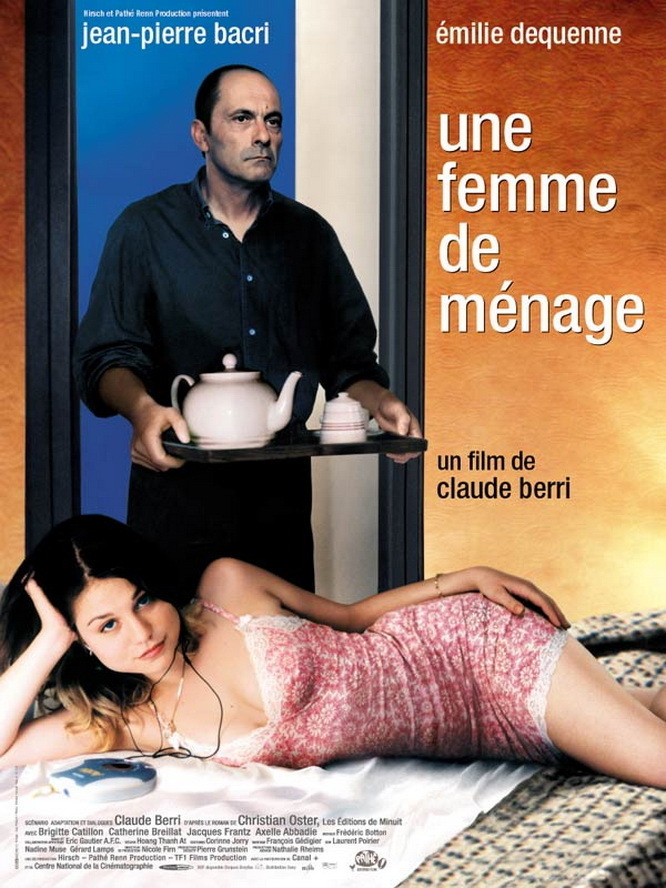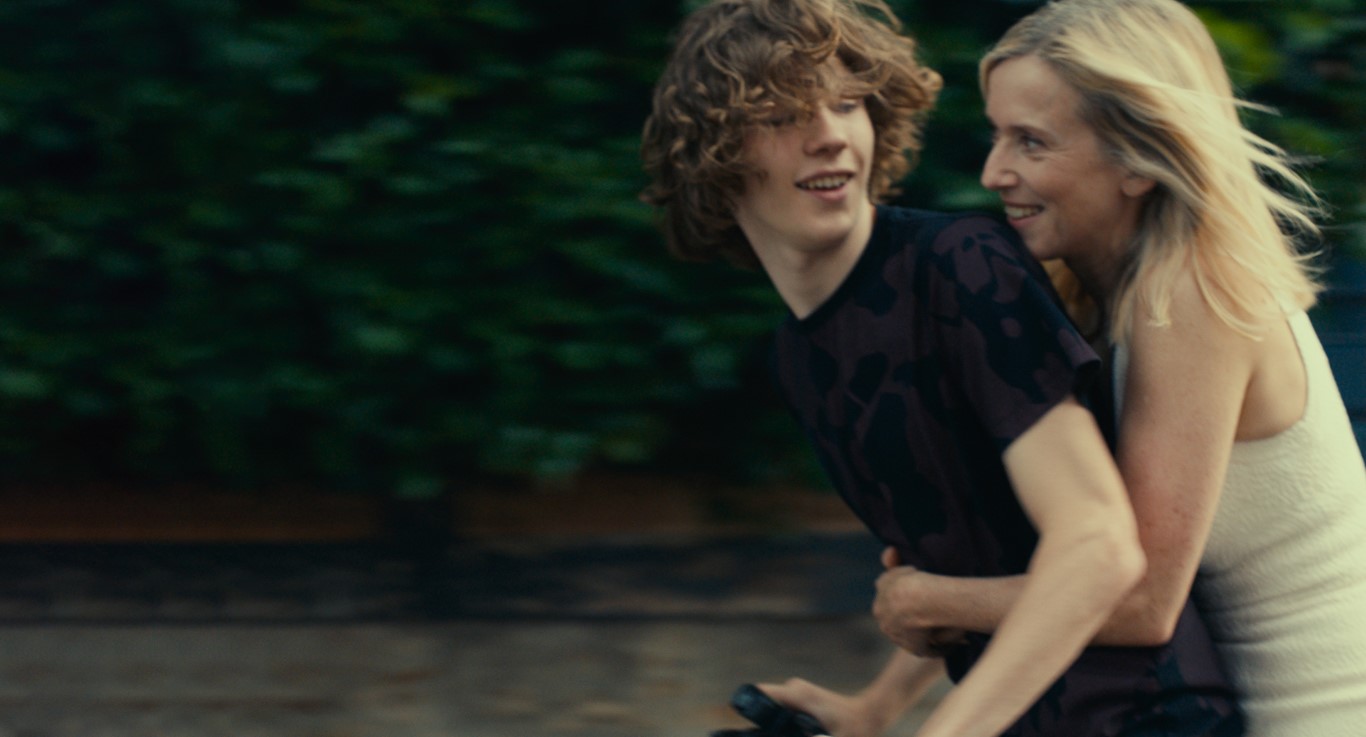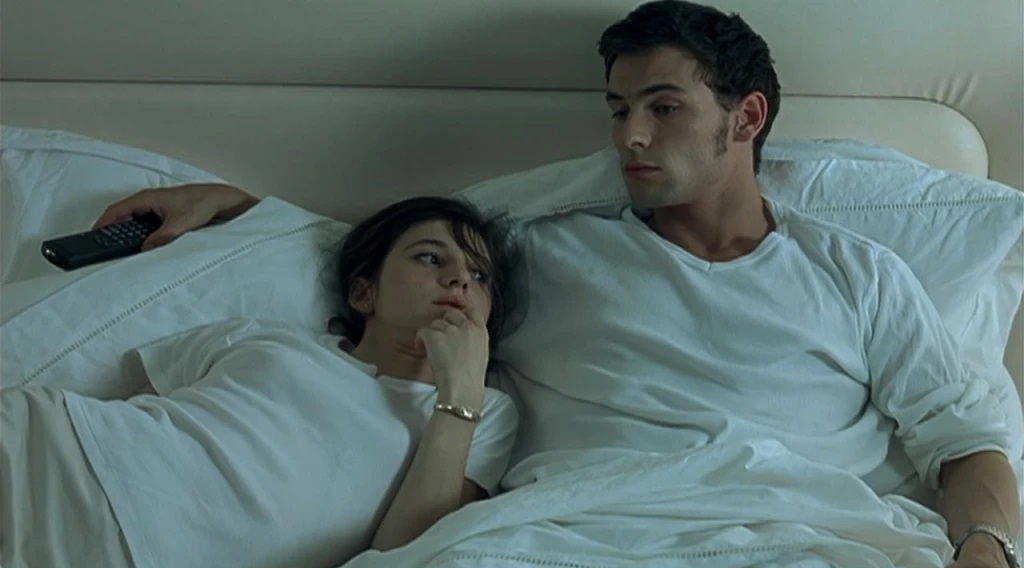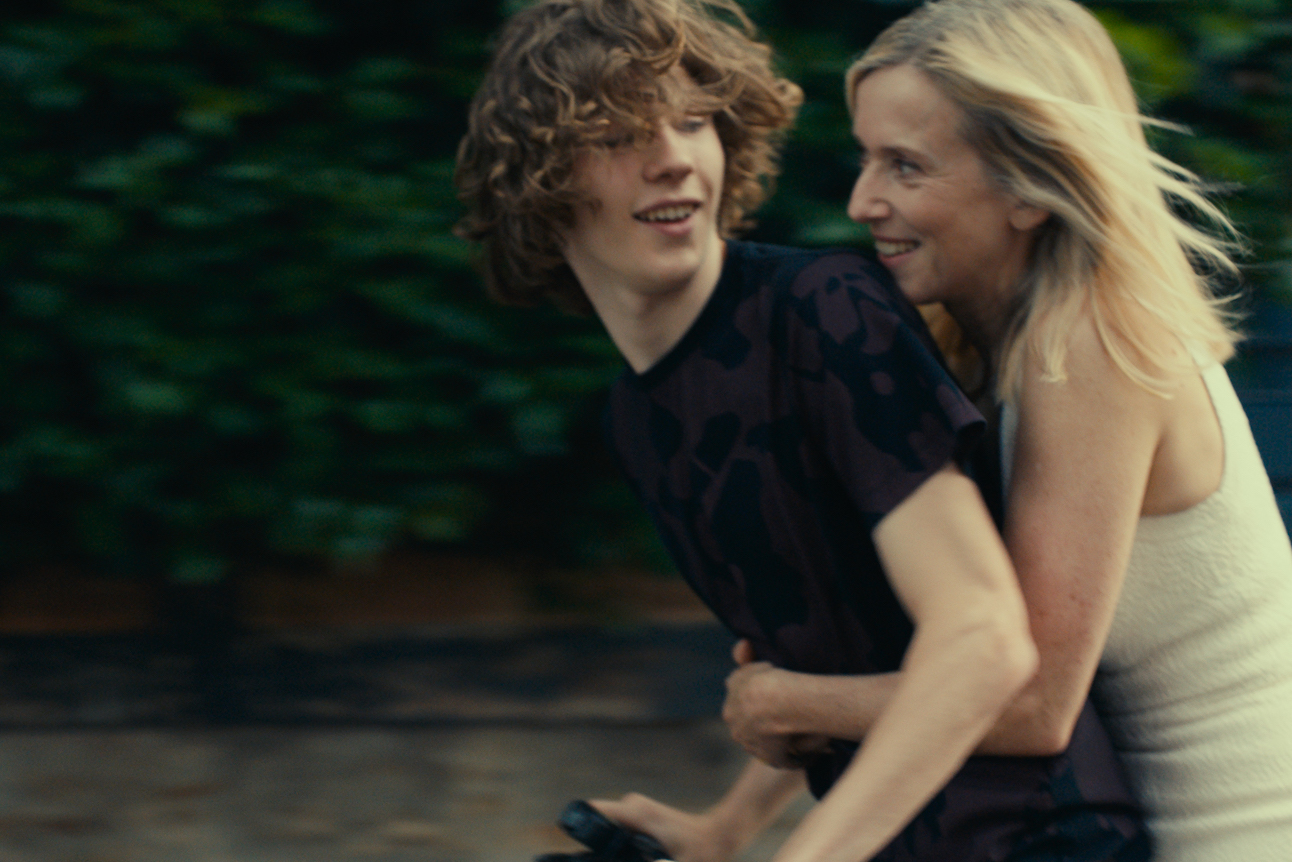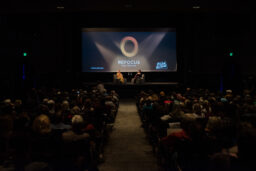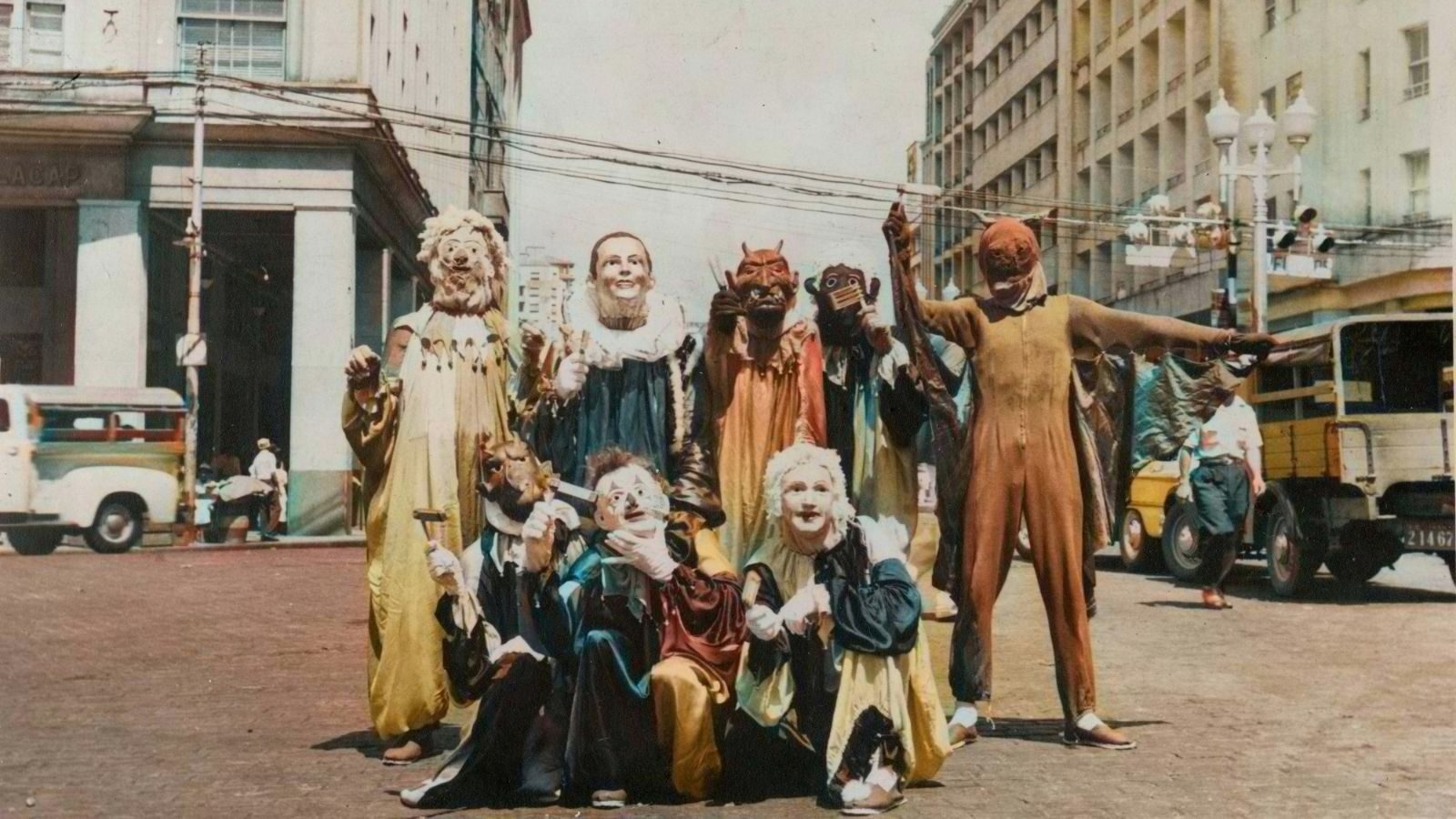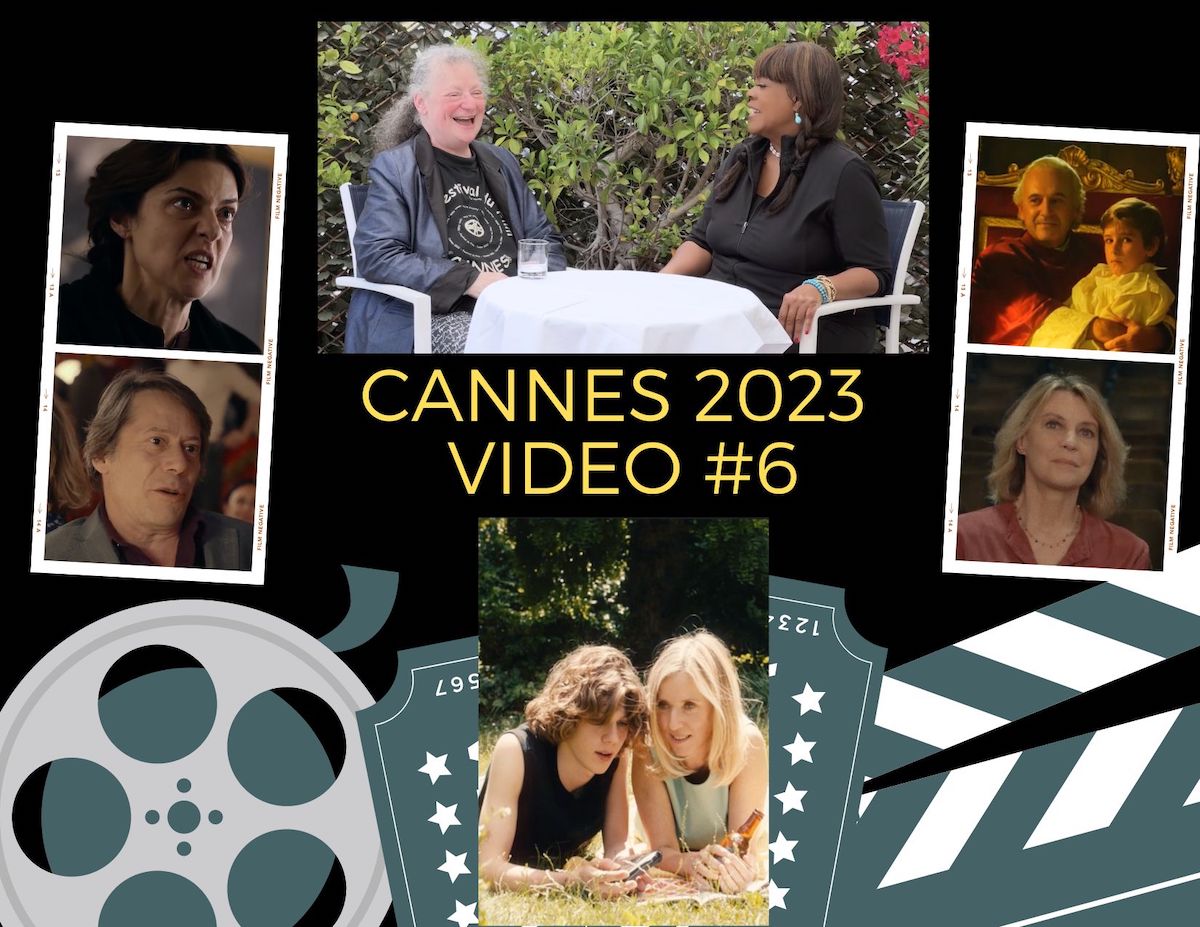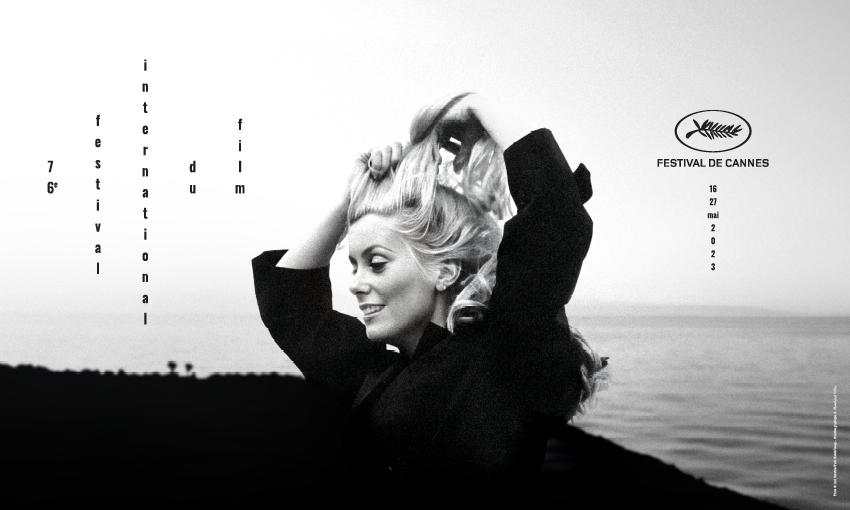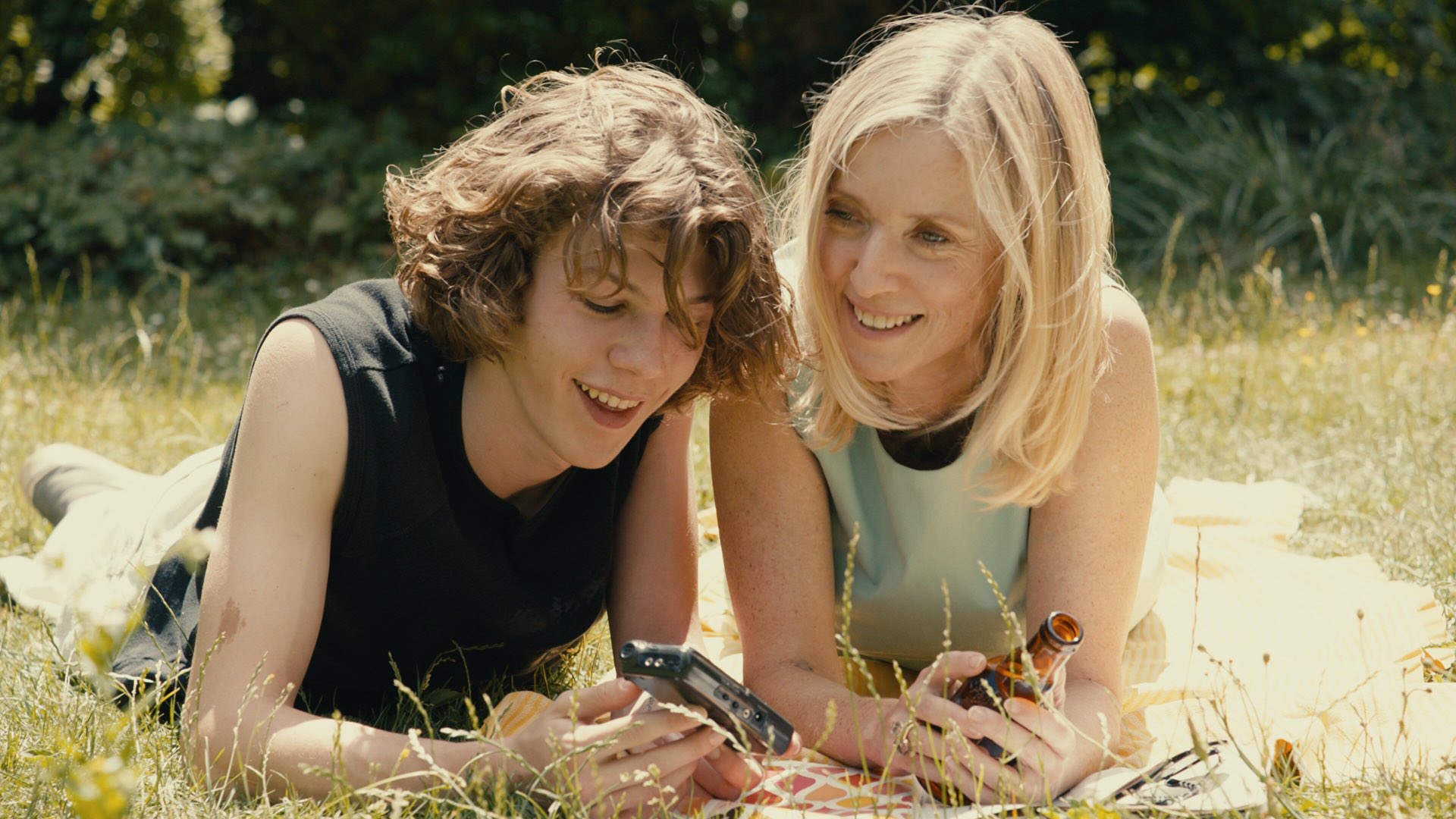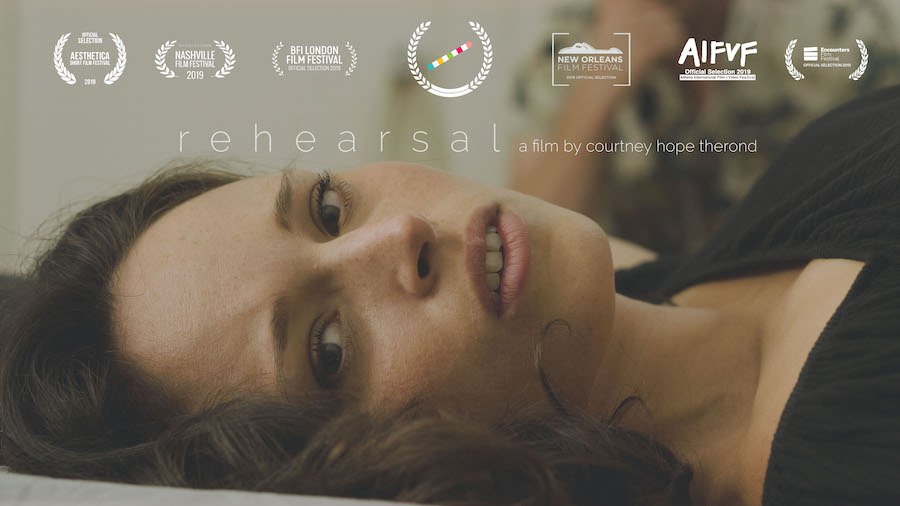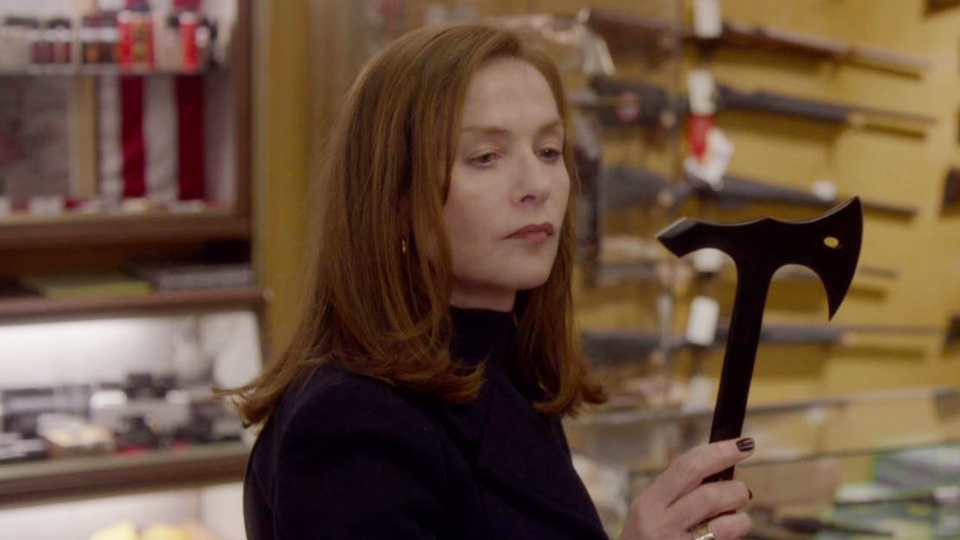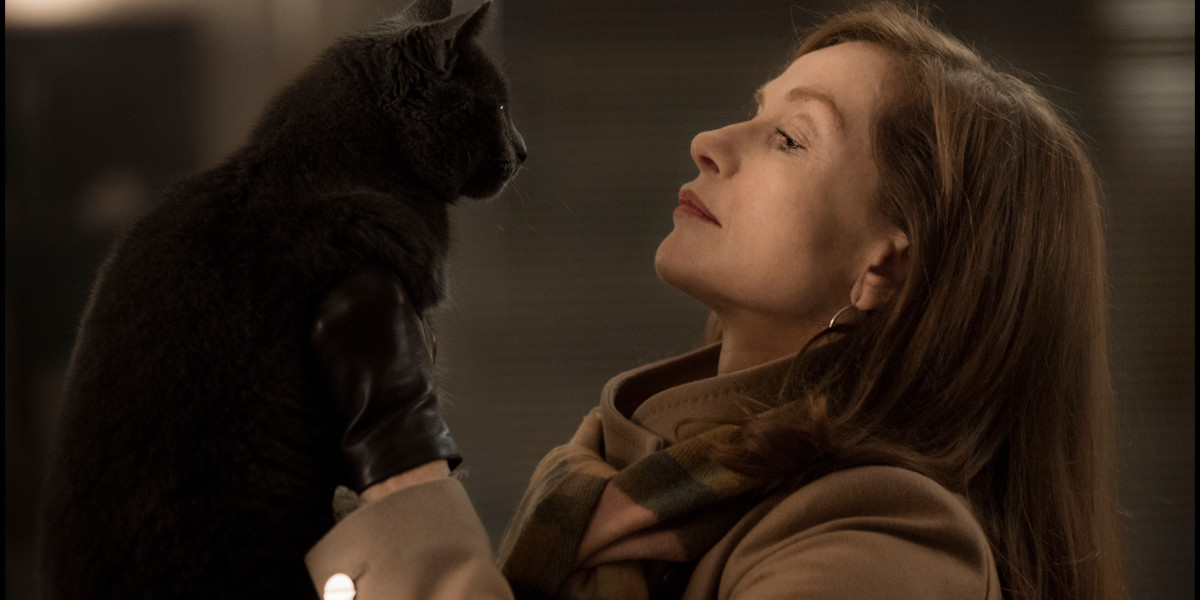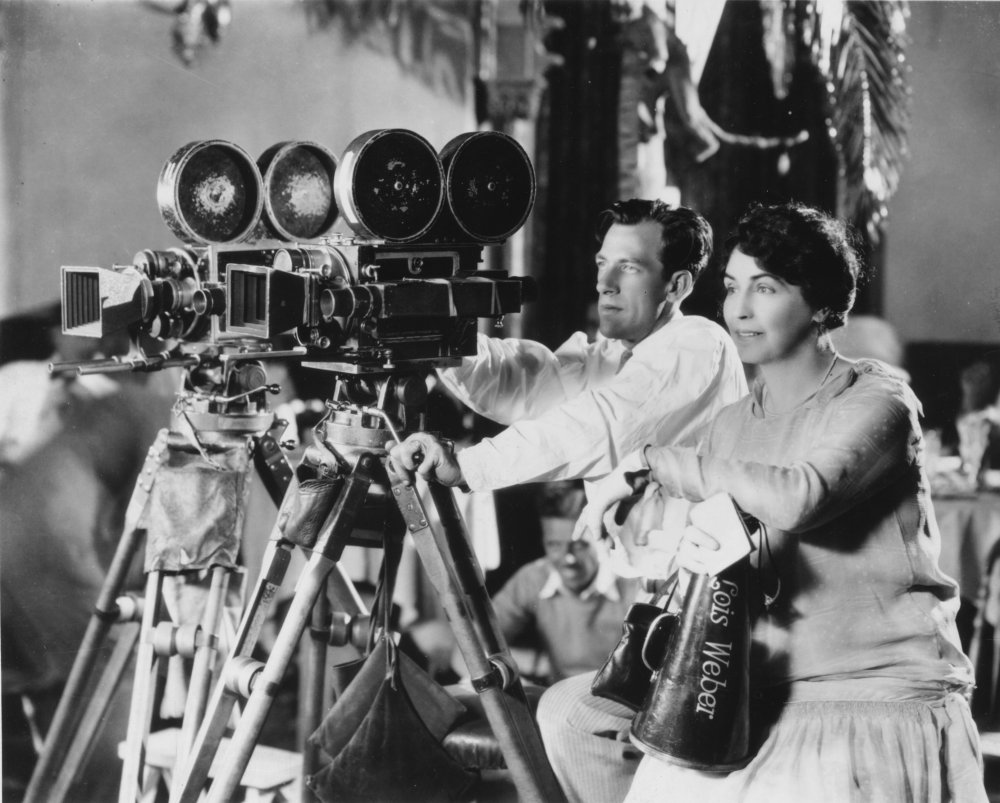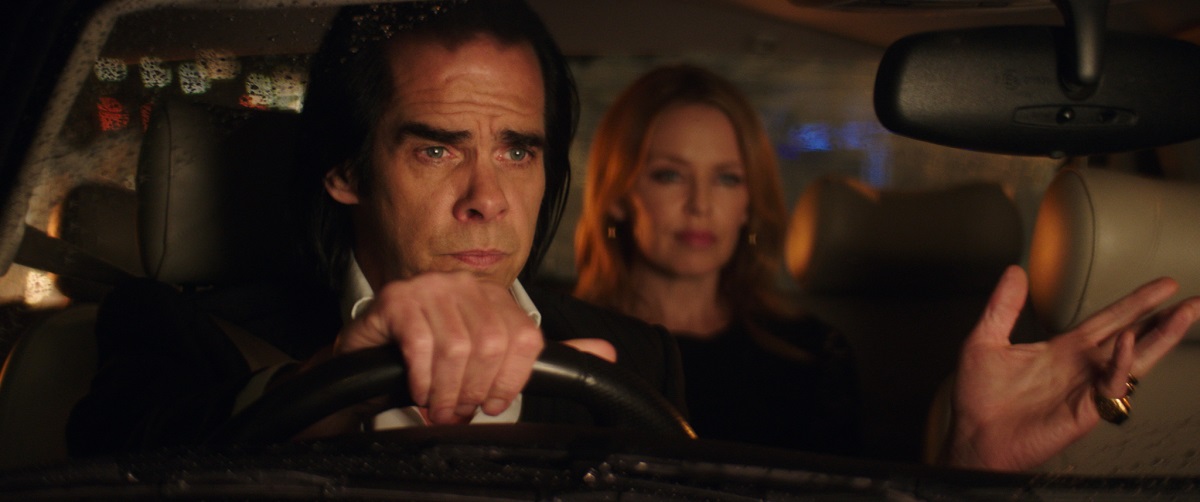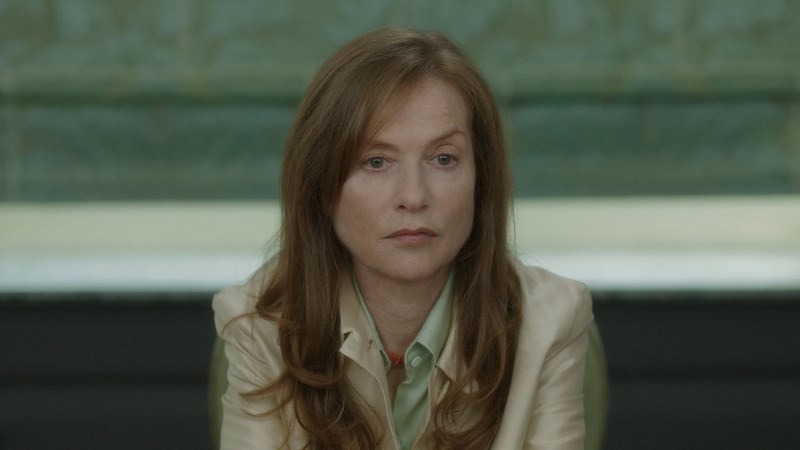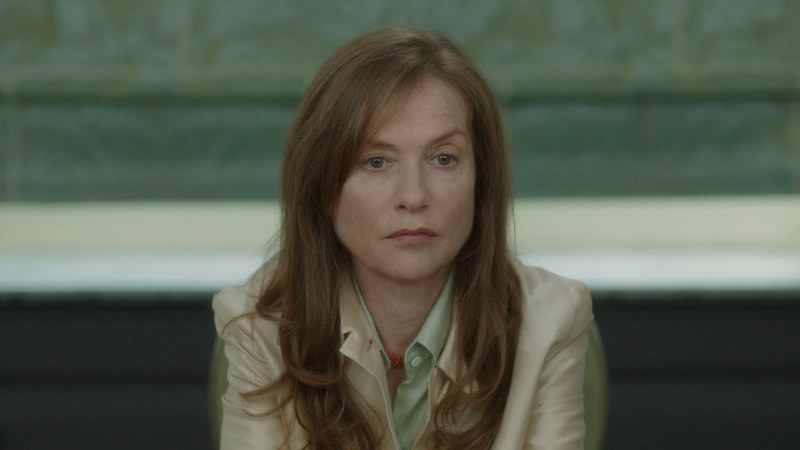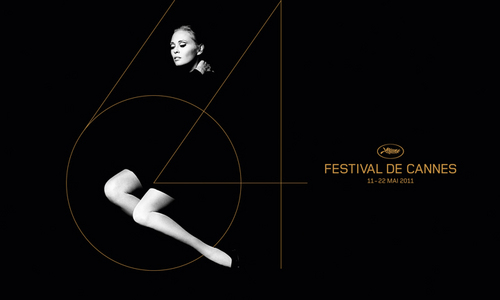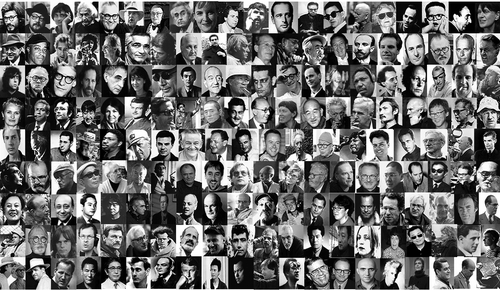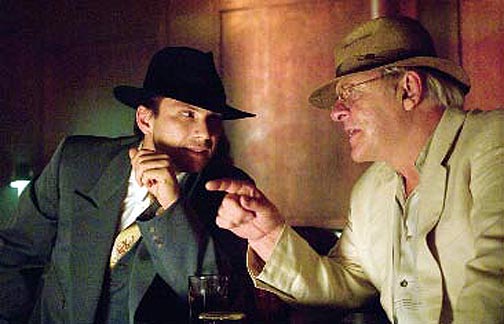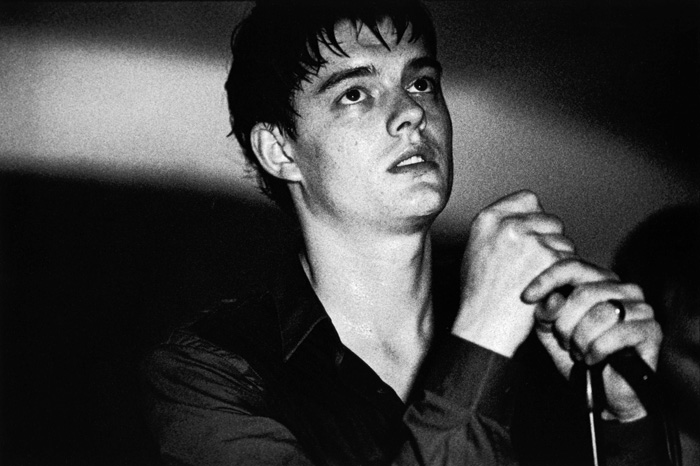Catherine Breillat Movie Reviews
Blog Posts That Mention Catherine Breillat
Catherine Breillat Wants You to Think About (Movie) Sex Differently
Tim Grierson
How Catherine Breillat Challenges Expectations of Sex in Modern Cinema
Justine Smith
The Unloved, Part 132: Anatomy of Hell
Scout Tafoya
Cannes 2023: Last Summer, Perfect Days, La Chimera, The Old Oak
Ben Kenigsberg
February 2025 Blu-Ray Guide: “Wicked,” “Nosferatu,” “Here,” “Heretic,” More
Brian Tallerico
Iowa City Celebrates with Enriching Pair of Festivals
Marya E. Gates
Female Filmmakers in Focus: Marija Kavtaradzė on Slow
Marya E. Gates
NYFF 2023: Pictures of Ghosts, Eureka, Last Summer
Jourdain Searles
Cannes 2023 Video #6: Lisa Nesselson on Last Summer, Kidnapped, A Brighter Tomorrow and More
Chaz Ebert
Cannes 2023: Exciting Films at This Year’s Festival
Ben Kenigsberg
Cannes 2023 Line-up Includes Wes Anderson, Martin Scorsese, and Many More
Lisa Nesselson
Women Writers Week 2023: Table of Contents
The Editors
Introduction to Women Writers Week 2023
Chaz Ebert & Nell Minow
Short Films in Focus: Rehearsal
Collin Souter
Fearless at Ground Zero: On Isabelle Huppert
Dan Callahan
A Post-Male Era: Isabelle Huppert on “Elle” and “Things to Come”
Matt Fagerholm
My Favorite Roger: Scout Tafoya
Scout Tafoya
No Home Video: On Women-Directed Films
Tina Hassannia
Home Entertainment Consumer Guide: November 20, 2014
Brian Tallerico
CIFF 2014 Tribute: Isabelle Huppert
Peter Sobczynski
Five Films from the Seattle International Film Festival That Deserve Your Attention
Kevin B. Lee
New York Film Festival: “Abuse of Weakness” and “Club Sandwich”
Simon Abrams
The year’s best foreign films (I hope they play in your state)
Roger Ebert
Getting antsy for amazement
Barbara Scharres
The Return of the Autobiographical Dictionary of Film
Jim Emerson
Name That Director!
Jim Emerson
CIFF: All our capsule reviews
Roger Ebert
CIFF #3: Playing Monday
Roger Ebert
Toronto fest signals the opening of Good Movie Season
Roger Ebert
The film’s the thing Telluride fest gives nod to big movies on small screen
Roger Ebert
The woman’s point of view, in explicit detail
Roger Ebert
Atom Egoyan’s erotic melodrama
Roger Ebert
Popular Reviews

The best movie reviews, in your inbox
